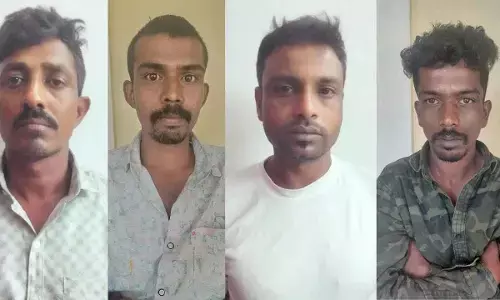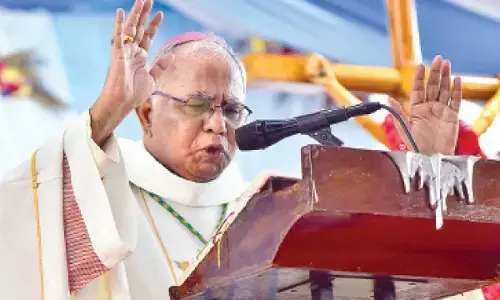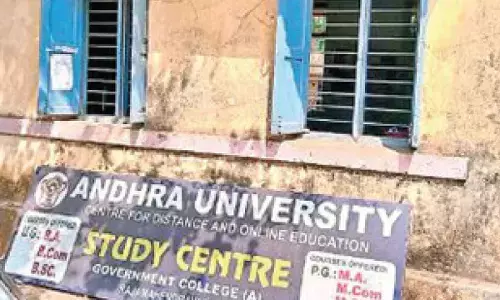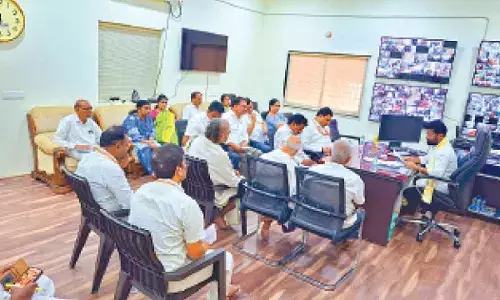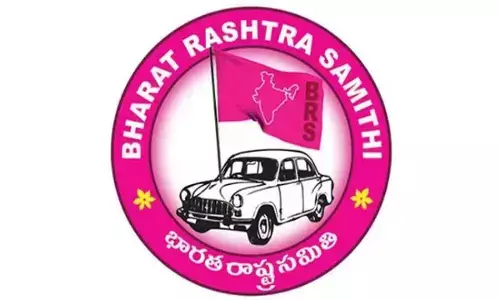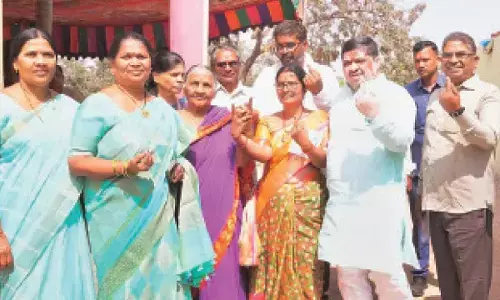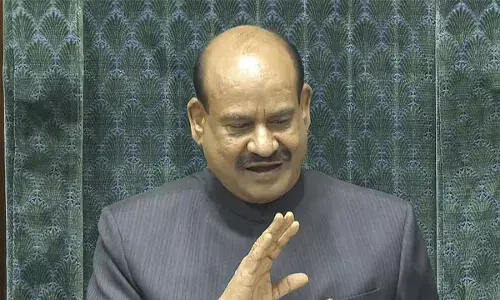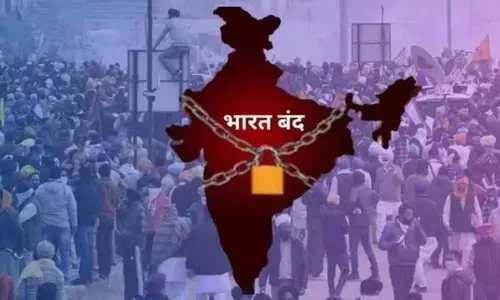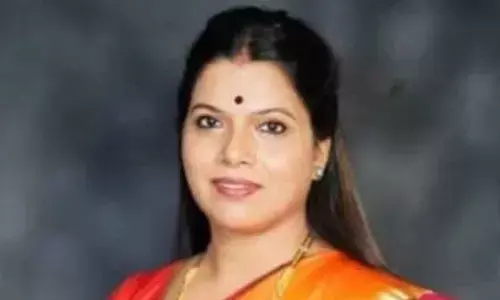Farmers in Uttara Kannada District Grapple with Water Scarcity, Resort to Loans for Borewells
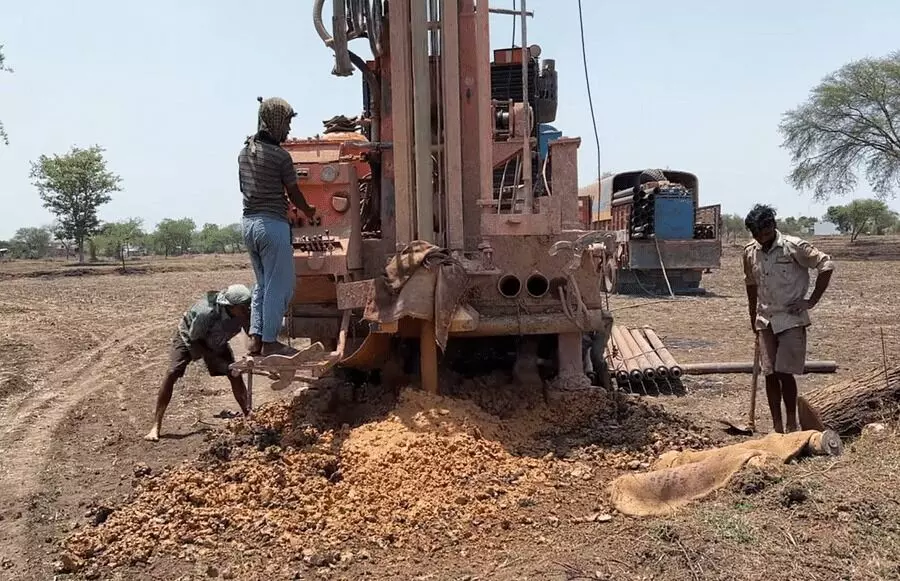
In the plains and semi-plains taluks of Uttara Kannada district, the plight of farmers is summed up by the disappointment statement, "Irrigation loans for maintaining crops are more than loans for growing crops."
Karwar: In the plains and semi-plains taluks of Uttara Kannada district, the plight of farmers is summed up by the disappointment statement, "Irrigation loans for maintaining crops are more than loans for growing crops." For the farmers in Banavasi Hobli, Mundagoda, and Haliya regions, the challenge of providing water for agriculture during droughts has become synonymous with accumulating debt.
The scarcity of water this year has compelled farmers to invest in the digging of borewells to safeguard their crops. Evidently, more than 50 tube well drilling machines have been in continuous operation in these taluks since the declaration of drought-prone areas. Farmers are resorting to loans from local agricultural cooperative societies to finance the digging of borewells. Surprisingly, loans initially meant for agricultural land development, horticultural field expansion, and well construction are being redirected toward borewell construction, as revealed by a chairman of a cooperative society.
Operating from Tamil Nadu and Andhra Pradesh, bore well drilling machines are at work in the area. Despite the absence of proper permissions, farmers are overseeing the construction of borewells wherever needed, with machine owners capitalizing on the farmers' desperation and often exploiting them for financial gains. Estimates suggest that more than ₹5 crore in loans have been disbursed in the last two months alone for irrigation purposes in these taluks.
Drilling a borewell comes with a cost ranging from ₹1.25 lakh to ₹1.50 lakh, not to mention additional expenses for electricity connections and pump installations. Farmer Channappa Gowda from Mundagoda expressed frustration, emphasizing that after taking loans to cultivate crops like paddy sugarcane, maize, they are now forced to borrow again for borewell drilling to save those very crops.
The issue raises questions about the adequacy of drought relief funds, which currently only cover the purchase of seeds and fertilizer. Farmers argue that to secure the current crop, the amount required for borewell drilling exceeds the compensation received. Dyamanna Dodmani, President of Kalangi Seva Co-operative Society, notes that in drought-like situations, cooperative societies are providing loans ranging from ₹1.5 lakh to ₹2 lakh for constructing open wells. The vicious cycle of debt and dependence on borewells underscores the pressing need for comprehensive solutions to address water scarcity in the region.



